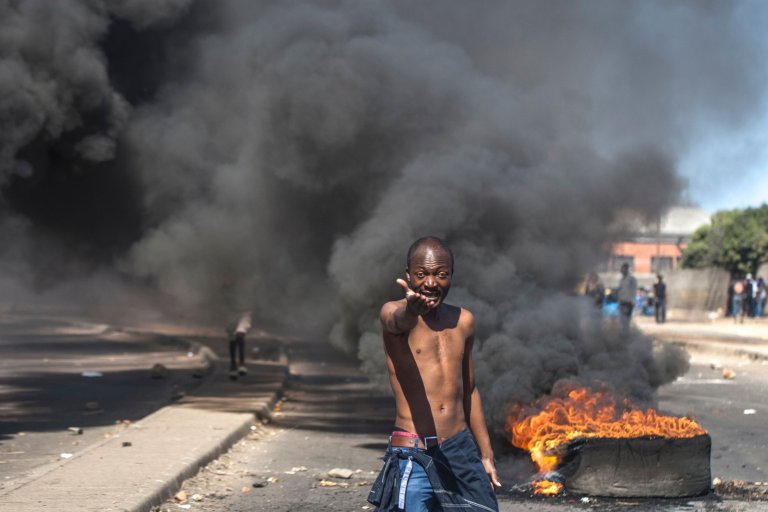In the last few weeks there have been riots in Zimbabwe. In Beitbridge, on the border with South Africa, furious cross-border traders set fire to a warehouse in protest at import bans recently imposed, while in Harare taxi operators protested against the cost of continuous police road blocks, where spot fines are extracted.
Both these incidents highlight how Zimbabwe’s economy has changed dramatically, and why the state has to accommodate, encourage and support the informal sector, not control, suppress and ignore it.
Formal unemployment runs at 90 percent or more, but this doesn’t mean that all these people are not doing things. They are, but not in the jobs of the past.
Livelihoods are improvised and flexible, combining ways of earning income – farming, trading, dealing, manufacturing, mining, selling services and a host of other distributive activities, reliant on deeply embedded social relationships.
New networks of economic activity have emerged, as has a vibrant spirit of innovation and entrepreneurship.
This is in the context of extreme hardship for sure, as the economy continues to plummet due to lack of investment.
Informal economies are built on relations. Many operating in the informal sector are reliant on patrons and support from others; sometimes this is through relations of kinship, or through the church, and very often political patronage plays a part.
If you want to secure a spot to trade in town, someone inevitably has to be paid off.
Informal activity is tough, precarious fragile, sometimes illegal, and often is subject to arbitrary taxation from those in authority – as in the case of the road blocks affecting informal transport operators across the country.
The informalisation of the economy is a pattern across Africa, as James Ferguson eloquently describes. The improvised livelihoods of the poor are creating a new distributive economy, and with this a distributive politics, he argues.
This is having a major impact on the way we understand African political economy – and not only in Zimbabwe.
Continued next page
(123 VIEWS)







0 Comments